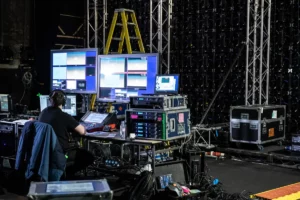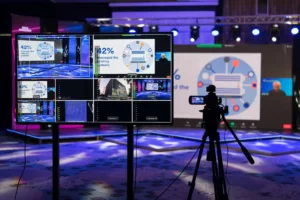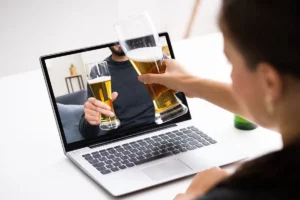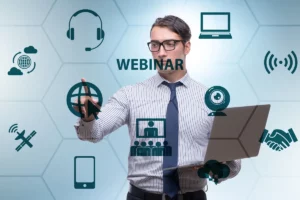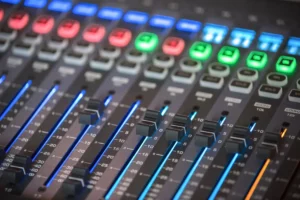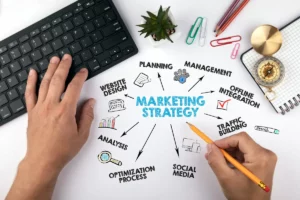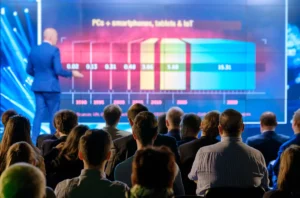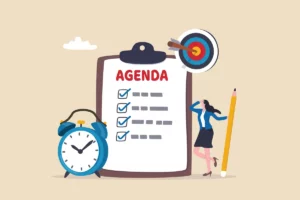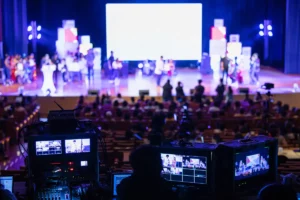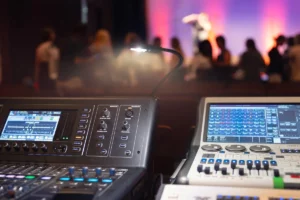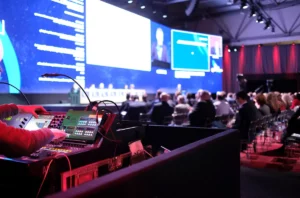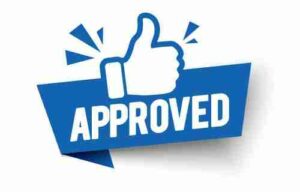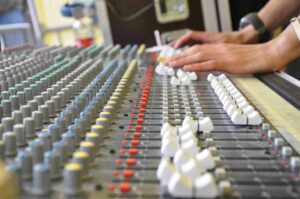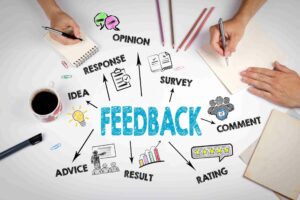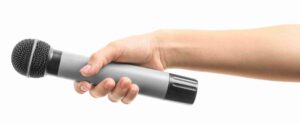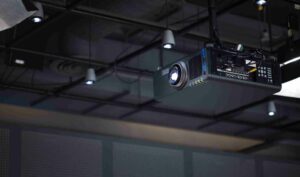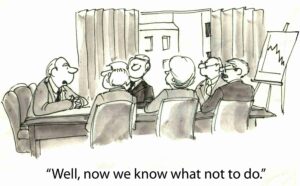Don’t Be Afraid To Ask Your Guest How Improve your Events!
Let’s be honest… if you’re planning an event, the main focus needs to be on your attendees, who expect to be educated, engaged, and informed.
As a professional in the event industry, you must keep a finger on the pulse of what your attendees feel about their experience at your event. It’s the only way to consistently make improvements that matter and the best way to ensure you have repeat attendees
So, how do you know what was a hit with your attendees and what didn’t do so well? ASK!! Your attendees will be happy to give you the information you need, and then you can implement the changes for a smashing next event.
Asking For Attendee Feedback
Since an event has many moving components, there can be a large number of points to measure when gathering feedback from your attendees. Some of the most common and useful areas include:
Speaker or Session Topics
How engaging were your speakers and sessions?
Your event may be centered around these two factors, so getting accurate feedback and responses on how useful, engaging, and enjoyable they were are critical.
Questions that you can ask:
- On a scale of 1-10, how would you rate this session/speaker?
- What was your biggest takeaway?
- What could have been improved about the session?
- Would you like more like this?
Food and Beverage
Food and beverages are provided at meetings to help our attendees stay energized and focused during the day. With that, the offerings should be refreshing and enjoyable.
Questions to ask about your food & beverages include:
- On a scale of 1-10, how enjoyable were the food and beverages provided?
- Were there enough opportunities to get refreshments outside of mealtimes?
- What changes would you like to be made to our food and drink options next year?
AV and Technology
The purpose of your audio-visual technology is to provide visual and sound support for your program’s messaging. Without AV, it can be nearly impossible to keep your attendees engaged.
Questions to ask about the event’s Audio-Visual and technology include:
- Were you able to hear and see all speakers?
- Were you able to adequately see and hear video and PowerPoint presentations?
- On a scale of 1-10, how would you rate the stage design look?
- Were there any technical issues during the event? If so, please explain.
Social and Networking Opportunities
An event’s focus should be more on the attendee engagement as opposed to merely the speaker selection or session content. It helps to review your previous activities to keep attendees socializing and networking. Were they fun and exciting? Would you like to attend an event like yours a second time?
Questions to ask about your event’s social engagement and networking opportunities include:
- Were there plenty of opportunities to network?
- On a scale of 1-10, how enjoyable were the after-hour events?
- What did you think of the venues?
THE BEST CHANNELS FOR COLLECTING FEEDBACK
As detailed in the previous section, the first step to improving feedback is to create a list of questions to ask your attendees. The next step is to determine the best method for collecting the guests’ answers and data.
Here are some of the best and most popular ways to gather attendee comments and feedback for future use.
Surveys Shared Via Email
Surveys sent via email are typically the best way to collect more detailed data. There are several survey tools available to choose from. Our recommendation is to edit your email signature with the event’s branding and summarize why you are sending the survey. This will help you not to wind up in a spam folder by a recipient’s email system.
The two top ways to manage email surveys are:
- Send one at the end of each event day, asking for feedback specifically about that day
- Send one at the end of the event, and ask questions that pertain to the entire duration of your function
Although email surveys may be the best option for gathering a large amount of data from your attendees, it’s best to use moderation. The shorter and to the point a survey is, the more likely a past attendee is to complete it.. 10 questions answered by 300 people is far more beneficial to you than 20 questions answered by 20 people.
Event App Surveys
If you’re using an app for your next event (we love to-the-point and straightforward event apps), you’d be missing out on an opportunity if you decide not to engage with attendees that are looking to engage with you on their mobile devices.
We love using in-app surveys as a way for people to rate individual sessions or speakers. If your app allows you to collect data, such as a list of each session (and how long) a person attends, you can share surveys customized for each session.
Since mobile devices are quick usage items, don’t ask survey-takers to write a novel when they could quickly share feedback with drop-down options, buttons, or checkboxes. Typing long sentences on a mobile device can be tedious, limiting free responses to questions that can be answered with short responses will help you get more.
Push Notifications
Push notifications are excellent ways to collect information about a single topic or question quickly. For example, after your Keynote speaker concludes the big session, you can send attendees who have your event app a question such as “What did you think of our Keynote? Please rate 1 – 5.
Recipients will quickly respond while the content is still fresh in their minds. This may not be the approach to take when you want to dive deep into understanding what people liked or don’t want to see again, but it’s an excellent way to know how something performed quickly.
Social Media
If you have a loyal social media community or an event hashtag that’s active and being used by your attendees, ask questions about how people are enjoying your event over social media. If you go this route, you’ll need someone to monitor/moderate all responses.
You can have aq&a during the event or event host a Twitter chat a few days after the event’s conclusion. The most considerable benefit of soliciting feedback on social media may be that you’ll be meeting people on a platform that they already spend time on. They’ll be less likely to feel like they are doing “work” while submitting their comments. Keep in mind that some people prefer to remain anonymous. You may not receive as many social responses as you would using other methods.
How To Use The Feedback At Your Next Event
After you’ve collected your attendees’ feedback, spend some time reviewing and cataloging the data. Don’t rush through this review, as you may miss vital details that could help improve your next event. It would help if you looked for patterns of “awesomeness” or areas of improvement, which may involve playing around with the input beyond simply reading through responses.
Once you’ve determined where you can improve the next event, you need to take action to ensure you can meet the needs of your attendees the next time. Whether it’s adding more sound or video equipment to help attendees in the rear of the room hear and see the speakers better, including a wider variety of healthy food & beverages, or offering more happy hours for networking, take advantage of the fact that you know what your audience wants.
As you promote the next event, be explicit about the fact that you’ve made improvements based on feedback from the last event’s attendees. Guests will appreciate that their input was heard and feel confident that any issues or difficulties they may have experienced have been taken care of.

